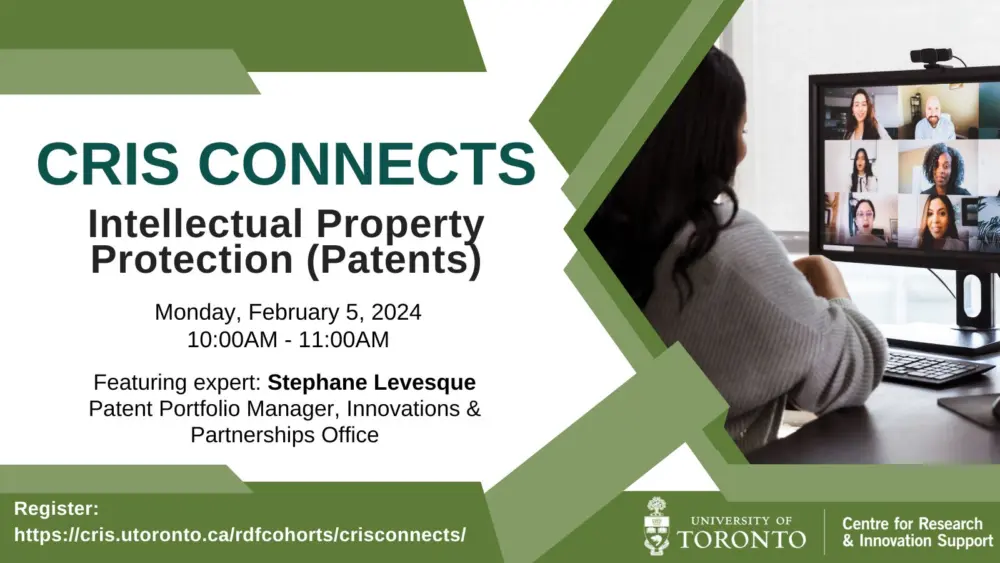PHY1610 Scientific Computing Lecture
This course is aimed at reducing your struggle in getting started with computational projects, and make you a more efficient computational scientist. Topics include well-established best practices for developing software […]




